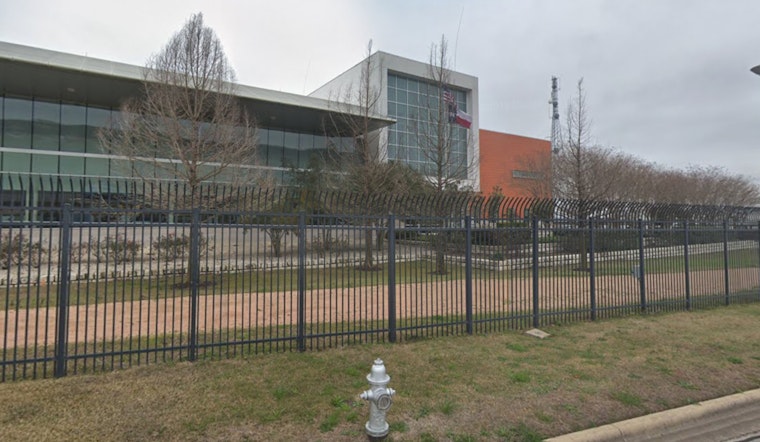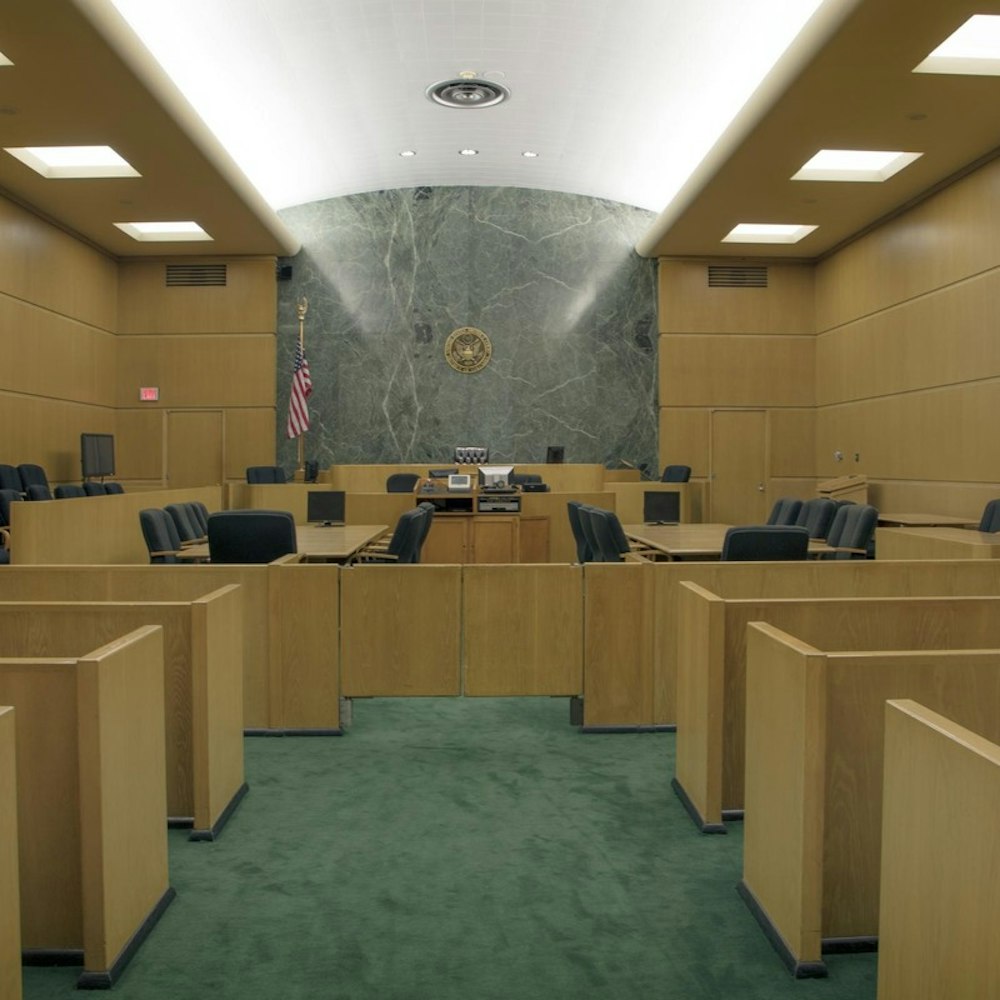
The Electric Reliability Council of Texas, is pressing Texans to limit power usage from 6 a.m. to 10 a.m. Monday, in anticipation of an increase in demand sparked by an arctic blast paired with "unseasonably low wind." Despite, before the crack of dawn, reserves expected to be stretched thin, officials confirm there's no emergency at play currently. ERCOT expresses their commitment to communication should the needle move toward operation crisis amidst lingering freezing conditions and the expected surge in morning power consumption, as reported by FOX 26 Houston.
Throughout the state, all levels of government and their facilities are being asked to lower their electricity consumption as a precaution. According to KUT.org, ERCOT had initially predicted "normal operations" during this mid-January chill but now cites "continued freezing temperatures, very high demand and unseasonably low wind" for the tighter reserves forecasted for both Monday and Tuesday mornings.
On their website, ERCOT provides Texans with conservation tips, suggesting measures such as dropping thermostats down a notch, refraining from heavy appliance use, and ensuring lights stay off when unneeded. If grid conditions worsen, ERCOT may declare an energy emergency, invoking measures to stabilize the balance of supply and demand, escalating through three federal regulation-mandated alert levels, each granting the operator greater authority—and potentially greater costs—to even out the grid.
At Energy Alert Level 1, ERCOT could harness additional power from a few grid connections with its neighbors. Under Alert Level 2, as earlier pointed out, ERCOT can incentivize substantial industrial or commercial entities to cut down their power usage. Should these efforts prove ineffective in an intensely cold pinch, Texans could face last-resort controlled outages to prevent a total system collapse.









